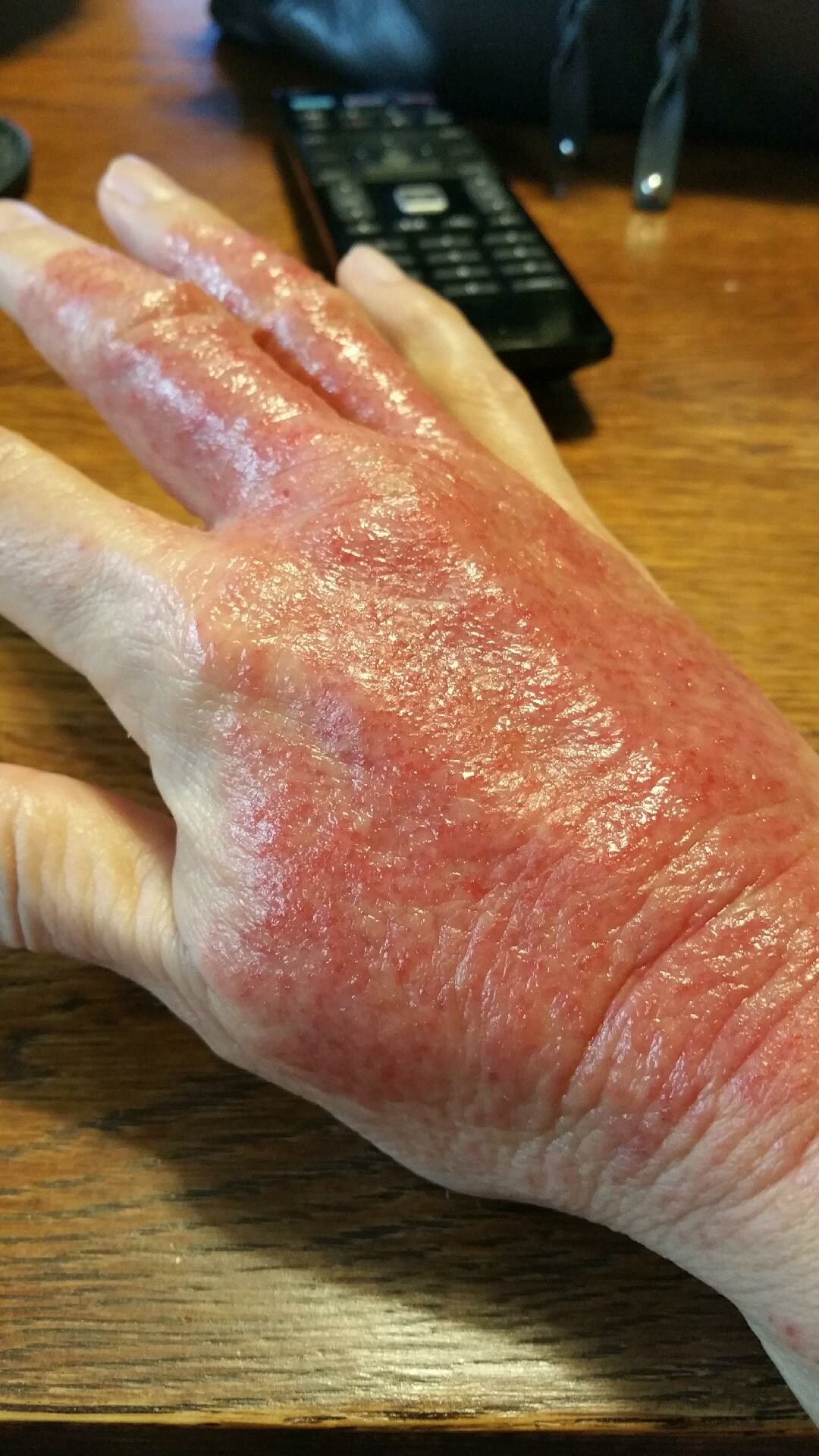
Imagine you are stuck in traffic and you are late for an important appointment. Suddently, you start to feel your breathing quicken. Your heart starts to race and you feel your muscles start to tense. Are you having a heart attack?
It may seem like you are having a heart attack. However, this is your body going into "fight or flight" mode as a response to stress. Beneficial chemicals like "cortisol" and "adrenaline" are released in emergency-type situations like a fire or maybe an exploding vehicle right in front of you. It prompts you to "take action" such as fleeing from your vehicle if needed. However, fight or flight mode can be counterproductive when just sitting in a car stuck in traffic.
Statistics show there is an increase in the risk of heart attack among women .... and men .... who have experienced multiple divorces. It is similar to the risk or a smoker or someone with diabetes.
Among those who tend to worry about losing their jobs the risk of heart disease in increased by 20 percent. Even those who enjoy their jobs have an increased risk because of the stress of trying to balance work, home and life. So, what is the physiological link between stress an heart health?
The Link Between Stress and Heart Health
- Inflammation - inflammation has many effects on health. Specifically for heart health the effects are:
- high blood pressure
- promotes plaque growth
- loosens plaque, therefore, triggering blood clots
- Contributes to poor health behaviors
- smoking
- increased use of alcohol
- reduces interest in:
- exercise resulting in unwanted weight gain
- healthy food choices resulting in overeating and focus on comfort foods
- healthy weight resulting in mood changes
- poor sleep habits resulting in reduced energy
- moods/negative emotions such as depression, anxiety, anger, pessimism, dissatisfaction with life are associated with body responses such as:
- irregular heart rate and rhythm
- increased digestive problems
- increased blood pressure
- inflammation
- reduced blood flow to the heart
Ways To Reduce Stress
- Focus on positive moods/emotions
- Happiness
- Optimism
- Gratitude
- Sense of purpose, life satisfaction
- Mindfulness
- Physiological benefits
- lower blood pressure
- better glucose control
- less inflammation
- lower cholesterol
- Physiological benefits
- Exercise regularly
- Make time for friends and family
- Get enough sleep
- Practice relaxation
- Find a stimulating hobby that can be fun and distract from negative thoughts and worries.
For more information on the physiological effects of stress check out this video.
Resources:





















0 Comments